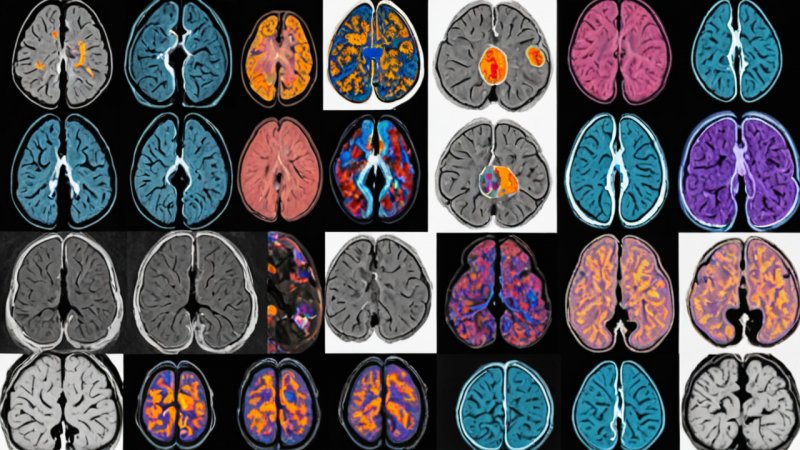Addiction remains one of the most complex challenges facing individuals and society today. As researchers delve deeper into the biological, psychological, and social aspects of addiction, significant breakthroughs are emerging that enhance our understanding and treatment of this pervasive issue. This article explores key research contributions that are shaping our comprehension of addiction, offering insights into how these findings can lead to more effective interventions and support systems.
- The Role of Genetics
Recent studies have highlighted the significant influence of genetics on addiction. Research indicates that certain genetic markers can predispose individuals to addictive behaviors. For instance, variations in genes related to dopamine receptors have been linked to increased susceptibility to substance abuse. Understanding these genetic factors can help in developing personalized treatment plans that take a person's genetic background into account, potentially improving recovery outcomes.
- Neurobiology of Addiction
Advancements in neuroimaging technologies have allowed researchers to observe the brain's activity in real-time, revealing how addiction alters brain function. Studies using fMRI and PET scans have shown that addictive substances can hijack the brain's reward system, leading to compulsive behaviors. This knowledge is crucial for developing pharmacological treatments that target these neural pathways, ultimately aiding in the recovery process.
- Psychological Factors
Psychological research has uncovered the impact of mental health disorders on addiction. Conditions such as anxiety, depression, and PTSD often co-occur with substance use disorders. Integrating mental health treatment with addiction services is essential for holistic recovery. Programs that address both mental health and addiction issues simultaneously have shown higher success rates, emphasizing the importance of comprehensive care.
- Social and Environmental Influences
Research in social sciences has underscored the role of environmental factors in addiction. Factors such as socioeconomic status, peer influence, and exposure to trauma can significantly impact an individual's risk of developing addictive behaviors. Community-based interventions that foster supportive environments and promote resilience can help mitigate these risks, showcasing the importance of social context in addiction recovery.
- Innovative Treatment Approaches
Recent innovations in treatment modalities, such as the use of virtual reality (VR) and telehealth, are transforming how addiction is treated. VR can simulate real-life scenarios, helping individuals practice coping strategies in a controlled environment. Telehealth services have expanded access to treatment, particularly for those in remote areas. These advancements reflect a growing recognition of the need for flexible and accessible treatment options in the fight against addiction.
In conclusion, the ongoing research into addiction is unraveling the complexities of this multifaceted issue. By examining genetic, neurobiological, psychological, social, and treatment-related factors, researchers are paving the way for more effective interventions. As our understanding deepens, it is crucial for healthcare providers, policymakers, and communities to integrate these findings into practice, ultimately leading to better support for those affected by addiction.






